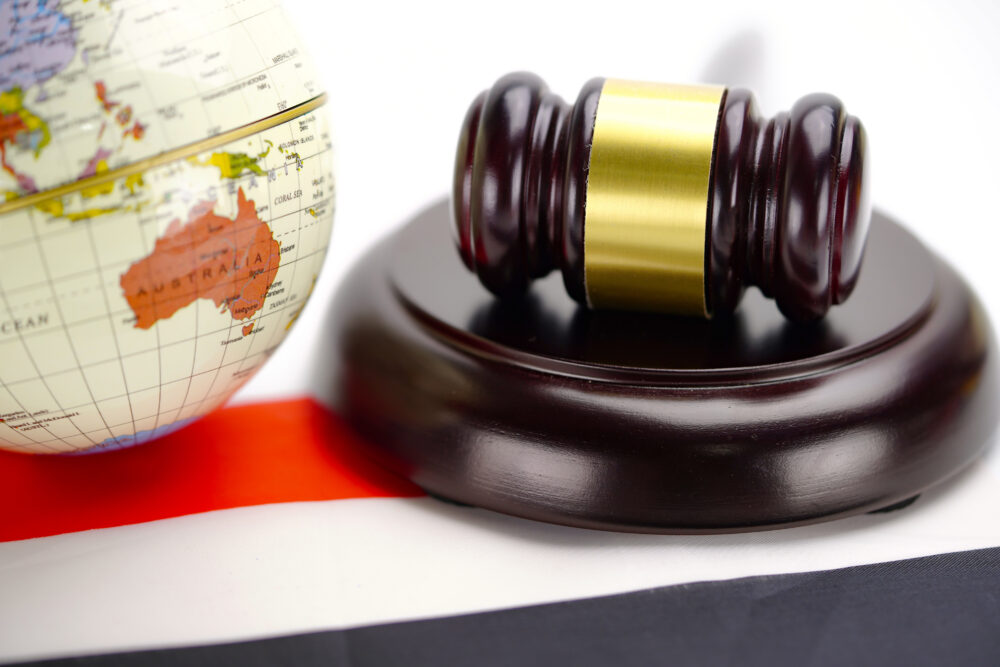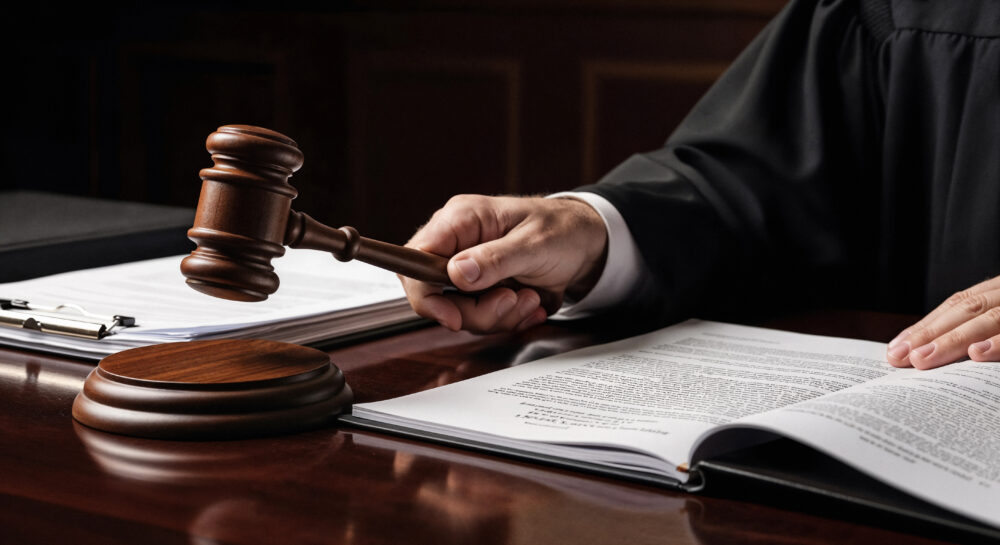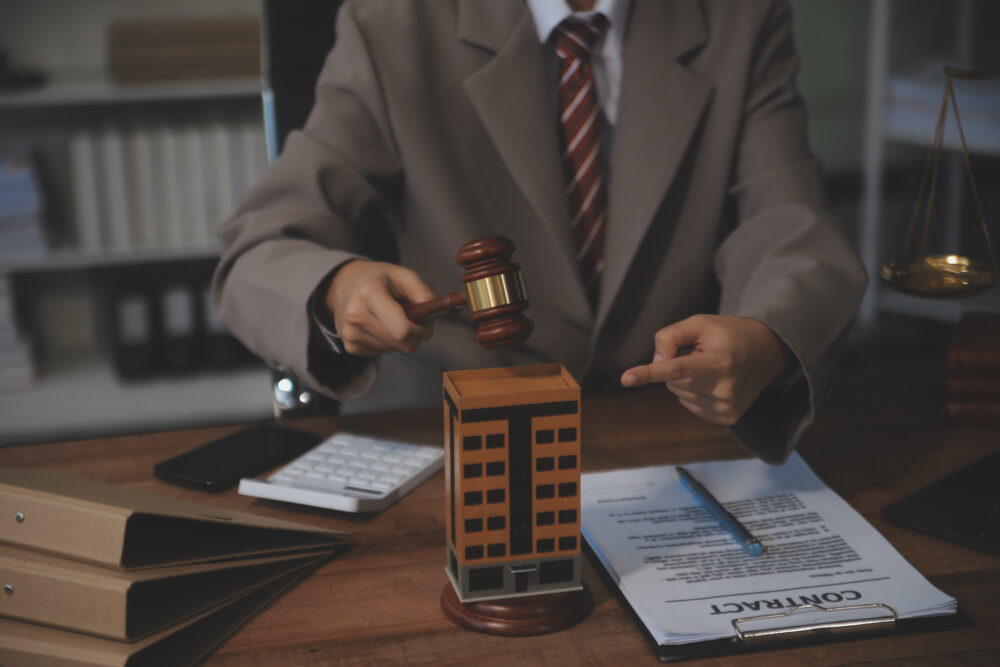In both social and professional life, offering opinions or assessments about individuals and organizations is quite common. In civil, commercial, and corporate disputes, it’s not unusual for one party to allege that the other has engaged in unlawful conduct. However, without a solid legal basis, such statements may constitute defamation or insult and lead to legal liability.
So where is the boundary between the lawful right to express opinions and the unlawful act of defamation? When is a statement protected under the right to free speech, and when does it become a violation of the law?
1. Legal Grounds
1.1. The Right to Express Opinions and Freedom of Speech
Vietnamese law upholds the right to freedom of speech, while simultaneously imposing certain limitations to protect the lawful rights and interests of individuals and organizations. Key legal provisions include:
- Article 25 of the Constitution 2013: Citizens have the right to freedom of speech, but such rights must be exercised within the framework of the law.
- Law on Press 2016: Requires that published information must be truthful, objective, and must not be fabricated or cause reputational harm to individuals or organizations.
- Law on Complaints and Law on Denunciations: Citizens have the right to report unlawful acts but must comply with proper procedures and provide specific evidence.
1.2. The Right to Protection of Honor, Dignity, and Reputation
Alongside the right to freedom of expression, each individual has the right to have their honor, dignity, and reputation protected. Key legal provisions include:
- Article 34 of the Civil Code 2015: Individuals have the right to request a correction and a public apology if false information affects their honor and dignity.
- Article 592 of the Civil Code 2015 Provides for compensation for damages caused by infringement of honor and dignity, including both material and emotional losses.
- Article 155, 156 of the Criminal Code 2015: Acts of insulting or slandering others may result in criminal liability.
- Decree 144/2021/ND-CP: Specifies administrative penalties for acts that offend the honor or dignity of others.
2. The Boundary Between the Right to Express Opinions and Infringement of Honor and Reputation
Not all statements alleging that another person has violated the law are necessarily considered defamatory. However, if such statements exceed reasonable limits, they may give rise to legal liability.
2.1. When is it not considered an infringement of honor and reputation?
- When the statement is based on clear evidence and has a well-founded legal basis.
- When opinions are expressed objectively, without offensive language or unfounded accusations.
- When complaints or denunciations are filed in accordance with legal procedures and submitted to competent authorities, rather than being publicized through unofficial media channels.
2.2. When is it considered an infringement of honor and reputation?
- When making definitive statements or imputations of legal violations without substantiated legal grounds.
- When employing language that is insulting, defamatory, or factually untrue regarding an individual or organization.
- When disseminating false or misleading information through public platforms, thereby infringing upon the honor, reputation, or dignity of the person or entity concerned.
- When there is demonstrable intent to fabricate or malign, resulting in reputational or financial harm to another party.
3. Practical Lessons from Real-Life Cases
In practice, there have been numerous disputes arising from unfounded allegations of legal violations, which have led to litigation. Several lessons can be drawn from these cases:
3.1. For individuals
- Exercise caution when making statements about others, especially in matters involving legal issues.
- If there is suspicion of unlawful conduct by an individual, complaints or denunciations should be submitted to the competent authorities rather than disclosing such information publicly.
- In cases of false accusations, the affected party may seek a correction, an official apology, and compensation in accordance with the law.
3.2 For enterprises and organizations
- When responding to legal disputes, it is essential to use neutral language and refrain from making definitive conclusions about violations unless such conclusions have been issued by competent authorities.
- When issuing legal documents related to complaints or denunciations, avoid using conclusive language; instead, arguments should be presented based on applicable legal provisions.
- For enterprises involving foreign elements, it is necessary to comply with regulations on Powers of Attorney and the legal validity of documents sent from abroad into Vietnam.
The boundary between the right to express opinions and conduct that infringes upon the honor and dignity of others is extremely delicate. An individual may intend to protect their legitimate interests, but without due caution, they may inadvertently violate the rights of others and become legally liable.
Therefore: When making statements about another person’s conduct, it is essential to ensure factual accuracy and avoid accusatory or presumptive language. In the event of a dispute, rather than making unfounded public allegations, one should follow proper procedures for filing complaints or denunciations with the competent authorities. If harmed by false or misleading information, the affected party has the right to seek a correction, an apology, or compensation in accordance with the law.
In the current legal context, exercising caution in both speech and written communication not only serves to protect one’s own rights and interests, but also contributes to maintaining a fair and transparent legal environment.
See more:
1/ Determining the procedural capacity of private enterprise owners
2/ Seat of arbitration or venue of hearing?
3/ Which disputes can be resolved by commercial arbitration?
Disclaimers:
This article is for general information purposes only and is not intended to provide any legal advice for any particular case. The legal provisions referenced in the content are in effect at the time of publication but may have expired at the time you read the content. We therefore advise that you always consult a professional consultant before applying any content.
For issues related to the content or intellectual property rights of the article, please email cs@apolatlegal.vn.
Apolat Legal is a law firm in Vietnam with experience and capacity to provide consulting services related to Dispute Resolution and contact our team of lawyers in Vietnam via email info@apolatlegal.com.





































